Complexity is a killer
That might sound rather dramatic, but it is sadly true that some systems, such as nuclear power plants, have highly complex operations. That complexity can be hard to stay on top off over decades of operation, and simple human error can lead to catastrophic consequences.
But my point here is not with things that are complex by their very nature. It is that we unnecessarily build complexity into everyday activities and strategic thinking – and that kills commitment, alignment, motivation, enthusiasm and action. Not a great outcome, I think you would agree.
We operate with this bias that complexity makes us look more intelligent and inherently makes things more valuable. I can charge more for something that others don't understand, and complexity is needed for complex problems – right?
I used to believe this. As a strategist with access to vast amounts of data and research, constantly forming insights and new ideas, I revelled in how much I knew – and how smart I looked when I could bamboozle people with my thinking. But it slowly dawned on me that I wasn't actually cutting through. My complexity was getting in the way of everything I wanted to achieve: commitment, alignment, direction and progress.
Complexity is overwhelming. It increases our chances of making mistakes, of getting things wrong and that deadly combination leads to all of the issues mentioned earlier.
There is a fantastic book called Meltdown by Chris Clearfield & Andras Tilscik. They examine what we can learn from plane crashes and nuclear meltdowns to be more successful in our approach to work. They point out that when complexity increases, our understanding of how things work and what is happening is less likely to be correct. Our mistakes are more likely to become combined with other errors in perplexing ways.
Have you ever had that experience of something unravelling in front of you? A once excellent strategy that has somehow evolved into this amorphous thing, now complex and confusing. Where one challenge has triggered a meltdown and struggling to regain control, you cannot trace the links back and stop the chain reaction? I have been to this place, and reading that sentence gave me flashbacks to a time I would rather forget existed.
I have since learned that complexity lurks everywhere in business, even in places where it just doesn't need to exist – and in many instances is terrible news.
Edward de Bono, “the originator of the term "lateral thinking”, summaries this beautiful, “there seem to be many people making things more complex but very few people trying to make them simpler."
The intelligent approach is simplicity. That may be more challenging to achieve in the first instance, but it’s far more valuable than settling with the complex.
When we get an idea, almost any idea, down onto a page with a font size that is readable (I know that trick too) – then we are on the money. Strategies, culture, values, plans and brand propositions, these all need to be so well crafted that they can exist and breathe life on a single page.
Practice the discipline of making the point on a triangle in just three words. If you are sharing something important and it spills onto a second page, screw it up. Think Google search page 2 – no one will read it.
Make your point on one page, keep it simple and save the paper.

